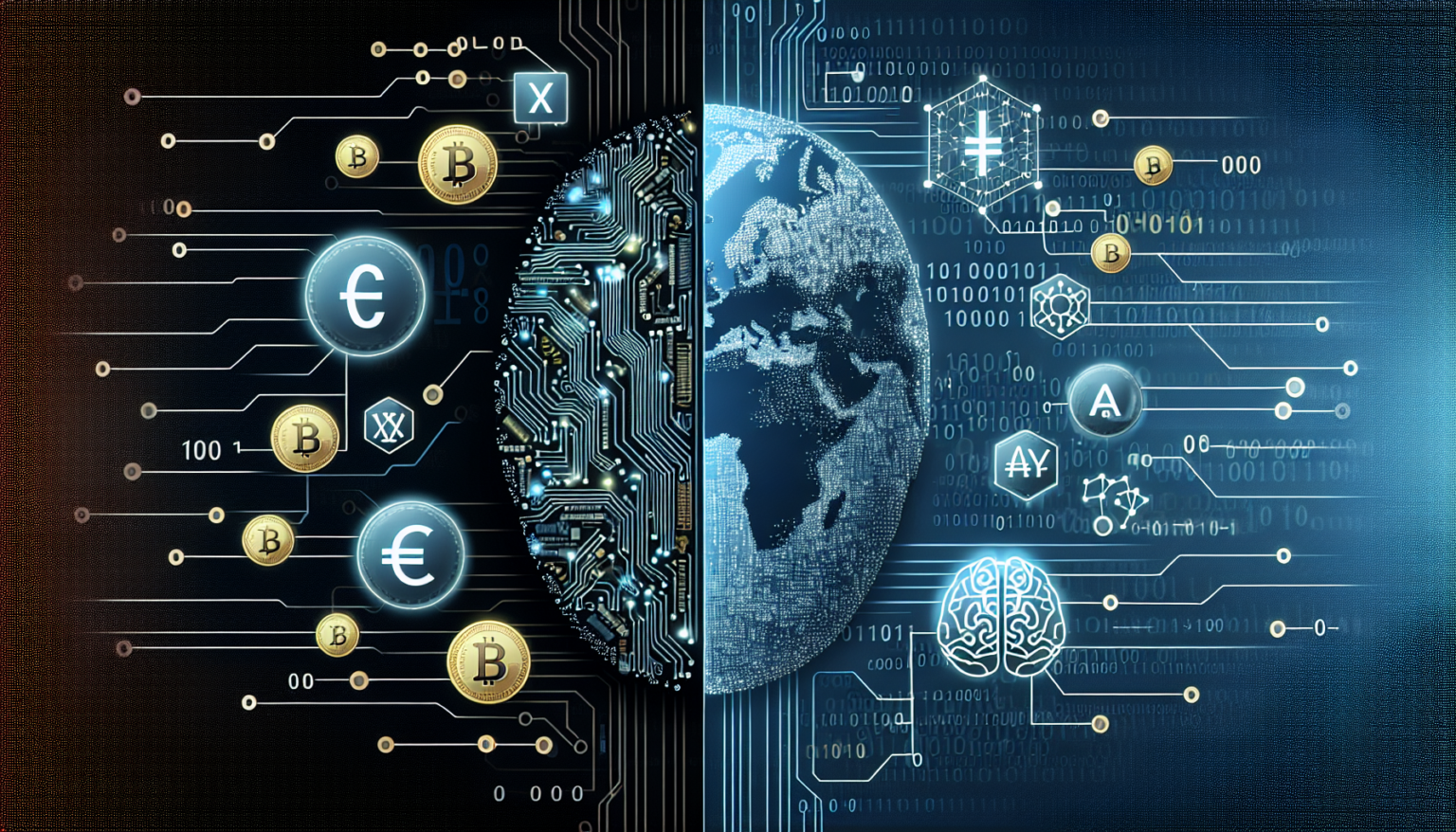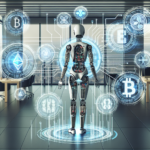The Rise of AI in Forex Trading
Understanding Forex Trading
Forex trading involves exchanging one currency for another with the goal of making a profit. This market is the largest and most liquid in the world, with a daily trading volume exceeding $6 trillion. Traditional forex trading relies heavily on human intuition, market analysis, and economic indicators to make informed decisions. However, the emergence of Artificial Intelligence has begun transforming the landscape of forex trading.
AI Technologies in Forex Trading
The use of AI in forex trading primarily includes machine learning algorithms, natural language processing, and data analytics. These technologies help traders to analyze vast amounts of data quickly and efficiently.
Machine Learning Algorithms
Machine learning algorithms can identify patterns in historical data and make predictions about future price movements. By processing enormous datasets, these algorithms can learn from past experiences without needing explicit programming. This allows them to adapt over time, improving their predictive capabilities. For forex traders, this means better insights and more informed trading decisions.
Natural Language Processing
Natural language processing (NLP) plays a crucial role in analyzing news articles, social media posts, and other text-based information sources to gauge market sentiment. By understanding the sentiment behind the news and analyzing how it might affect currency values, traders can make more strategic choices. For instance, positive news about a country’s economy might lead to a rise in its currency value, helping traders capitalize on these changes.
Data Analytics
Data analytics tools help forex traders assess market trends by collating and dissecting data from various sources. These tools enable real-time monitoring of global events and their potential impacts on currency pairs. Moreover, data analytics can help identify correlations among different currencies, enhancing the trader’s ability to strategize effectively.
The Benefits of AI in Forex Trading
AI in forex trading offers several notable benefits that can enhance a trader’s experience.
Speed and Efficiency
One of the most significant advantages of AI in forex trading is its speed and efficiency. Automated trading systems can analyze market conditions in milliseconds, executing trades at optimal moments based on pre-set algorithms. This rapid decision-making capability helps traders take advantage of fleeting opportunities that a human trader might miss.
Enhanced Risk Management
AI algorithms can assess risk levels more accurately than traditional methods. By analyzing historical data and current market sentiments, these systems can provide real-time insights into potential risks, helping traders enact stop-loss orders or adjust their strategies accordingly. This level of risk management is vital in the highly volatile forex market, where prices can change dramatically in a short time.
Reduction of Emotional Trading
AI trading systems remove the emotional aspect from trading. Human traders often let emotions guide their decisions, leading to irrational choices. With AI, trades are executed based on data-driven analysis rather than emotional responses. This helps maintain a more disciplined and objective approach.
Challenges and Limitations of AI in Forex Trading
While AI presents numerous benefits, it also comes with unique challenges and limitations.
Dependence on Data Quality
The effectiveness of AI in forex trading is directly related to the quality of the data it analyzes. If the data is inaccurate or incomplete, it can lead to flawed predictions. Thus, traders must ensure they are using reliable sources of information to train their AI systems.
Market Changes
The forex market is influenced by numerous unpredictable factors, including political events, economic shifts, and social changes. AI models trained on historical data may struggle to adapt to sudden changes in market conditions. For example, a geopolitical crisis could rapidly alter market dynamics, making existing AI models less effective until they are retrained with new data.
Regulatory Concerns
As AI becomes more integrated into forex trading, regulatory bodies are beginning to scrutinize its use. Traders must navigate a landscape of rules regarding automated trading, which can vary by country. Ethical considerations surrounding AI usage, including transparency and accountability, may also pose challenges.
Current Trends in AI Forex Trading
Several trends are shaping the future of AI in forex trading.
Increased Adoption of Algorithmic Trading
More traders and institutions are embracing algorithmic trading, where software systems execute trades based on pre-defined criteria. This trend is a direct result of AI’s proven ability to enhance efficiency and reduce human error. As technology continues to develop, expect even more sophisticated algorithms to emerge.
Growth of Retail Forex Trading
AI tools previously limited to institutional investors are now becoming available to retail traders. Platforms offering AI-driven trading tools engage everyday investors, allowing them to compete more effectively in the forex market. As a result, retail trading is growing rapidly, and more individuals are joining the forex community.
Integration of AI with Blockchain Technology
The intersection of AI and blockchain technology is another exciting trend. By combining AI’s analytical power with blockchain’s security and transparency, traders can gain insights while ensuring data integrity. This integration could lead to new trading platforms that enhance data analysis while maintaining a high level of trust.
Future Predictions for AI in Forex Trading
Experts speculate on what the future holds for AI in the realm of forex trading.
Advanced Predictive Modeling
As machine learning techniques continue to evolve, we can expect significant improvements in predictive modeling. Future AI systems may become capable of understanding context better and predicting market movements with higher accuracy based on complex datasets that encompass not only numerical data but also qualitative insights.
Greater Personalization
With enhanced data analytics, AI can offer more personalized trading experiences tailored to individual traders’ preferences and strategies. Custom-built AI systems could analyze a trader’s behavior to suggest specific trades, risk management options, or even suitable trading styles based on their history and risk appetite.
Collaboration between AI and Human Traders
Rather than completely replacing human decision-making, future trends likely point toward collaboration between AI systems and human traders. Humans will be able to leverage AI to enhance their strategies, gain insights, and maintain a competitive edge, creating a synergy between human intuition and machine learning.
AI in Financial Education
As AI technology becomes more prevalent, educational resources will likely evolve to include AI-driven learning. Traders may benefit from AI personal trainers that can analyze their decisions and suggest ways to improve performance through tailored learning experiences.
Overall, the impact of AI on forex trading is substantial, shaping how traders operate and strategize. With ongoing advancements, the future holds promise for a more efficient, effective, and intelligent trading environment.








